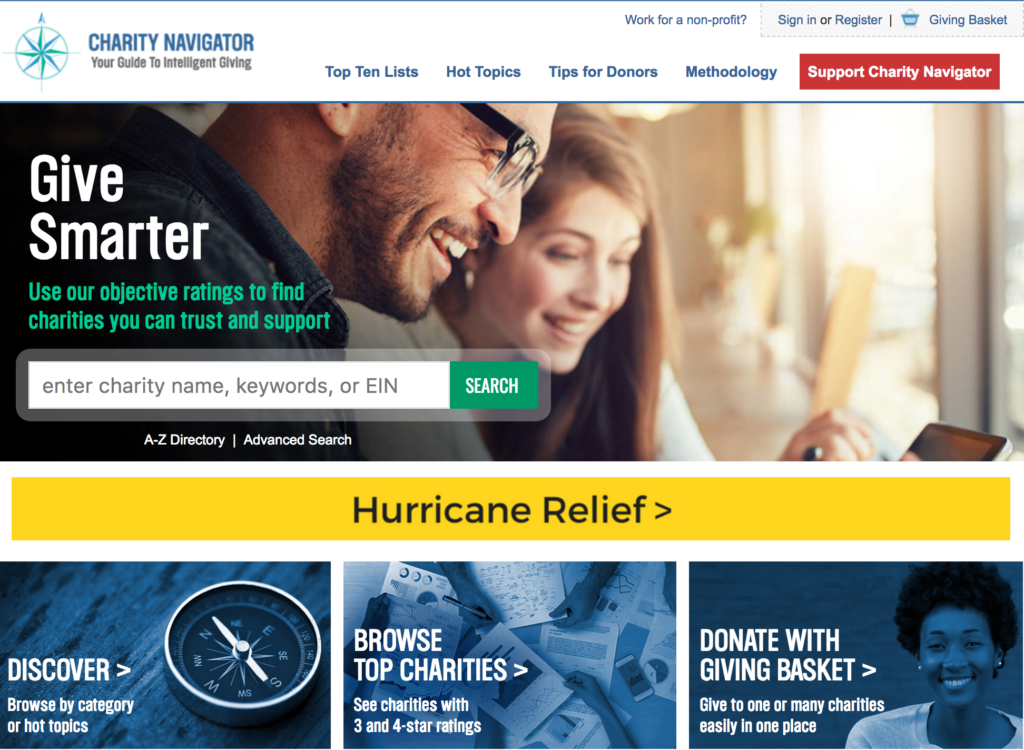Advisors are who people turn to for guidance about charitable giving. A recent study from U.S. Trust and The Philanthropic Initiative found that advisors sometimes fail to put more emphasis on an individual’s or family’s experience with their wealth, and overestimate the importance of tax benefits as their motivation for giving.
Albeit the survey included not just wealth advisors, but also trust and estate attorneys, accountants, and other tax professionals, it is still notable that clients care about their advisor’s ability to discuss personal values and how these values affect their personal investment, giving, and charitable goals.
 Clients want their advisor to give advice based on personal motivations for giving, a passion for a cause, the effect that their giving has on their community and a strong desire to give back.
Clients want their advisor to give advice based on personal motivations for giving, a passion for a cause, the effect that their giving has on their community and a strong desire to give back.
Clients want to be connected to nonprofit organizations that share their passion, and they want to know their gifts are being used wisely. We believe that not spending time exploring a family’s experience with their wealth—and digging deep to find motivation to help nonprofits whose missions “connect” with an event or situation personally experienced—can mean missed opportunities for donors to do good in areas that are important to them.
At the Stewardship Foundation, it’s clear that we are passionate about our four tenets: respect for life, marriage being between a man and a woman, religious freedom, and rights of conscience. We believe that it’s our responsibility to care for the poor, the sick and the disadvantaged, and for every woman, man, and child whose life is impacted with lack of education, opportunity and freedom.
We believe in transformational giving, the kind that comes from the heart, and that changes lives in our community and in the greater world. We are firm in our commitment to knowledge about structured giving—charitable trusts, donor-advised funds, and the rest—but in practice, we believe it starts with a balanced conversation between the technical tools to reach financial goals and the personal reasons for doing so.
If you’d like to explore your family’s experience with wealth to better charter your giving, please call us at (614) 800-7985 and please share this with someone you believe might benefit from our balanced advisory services.
